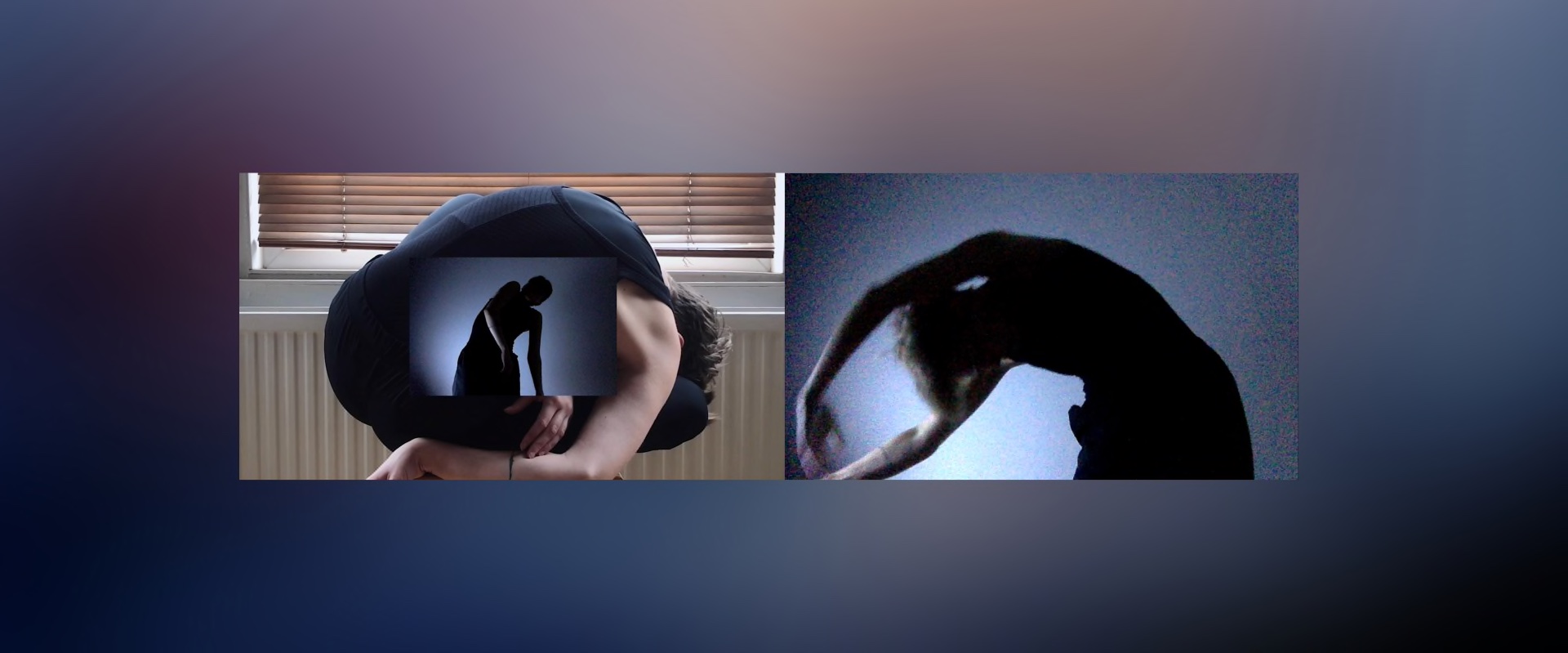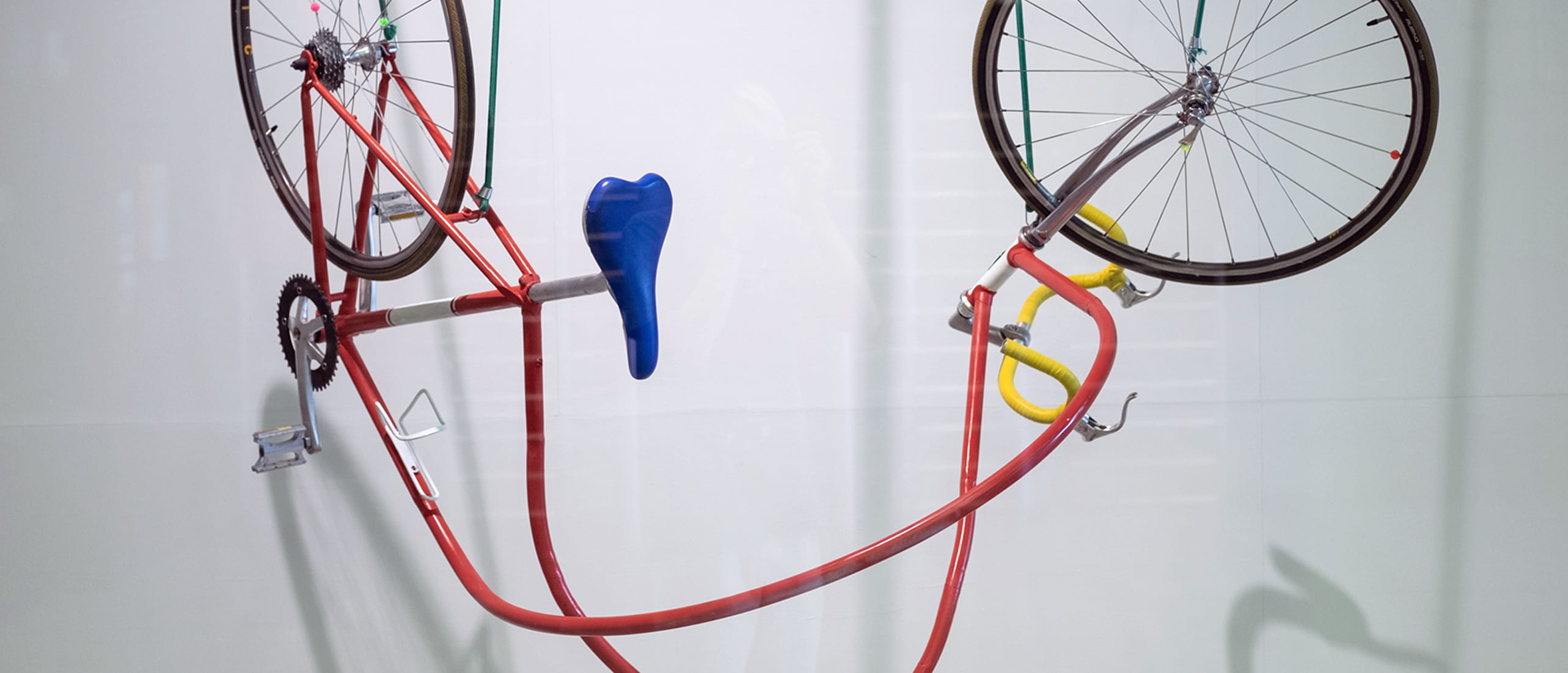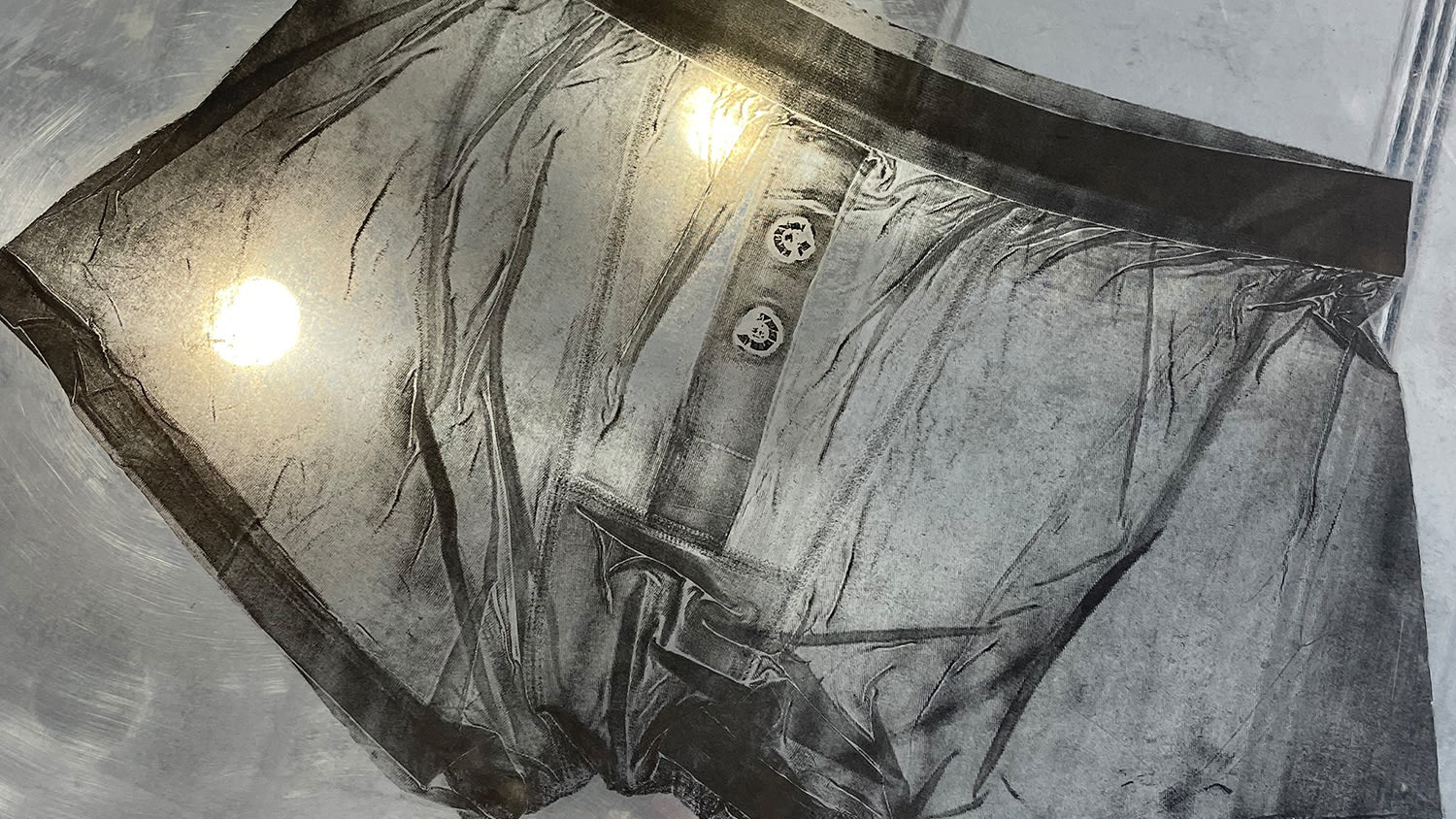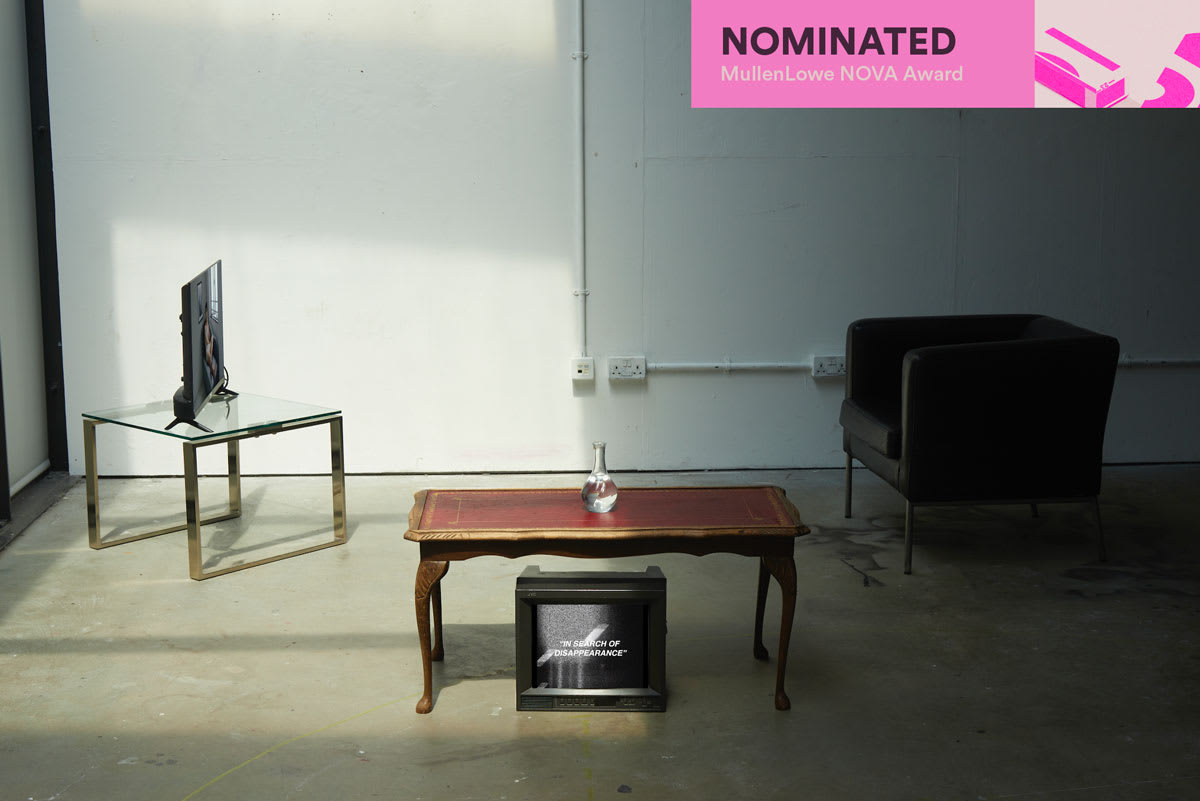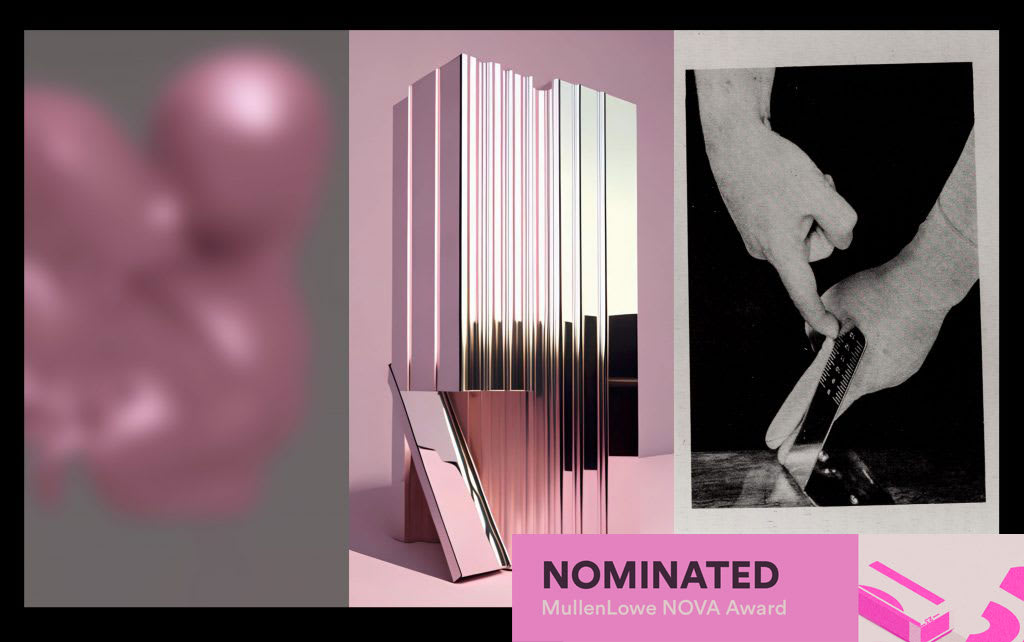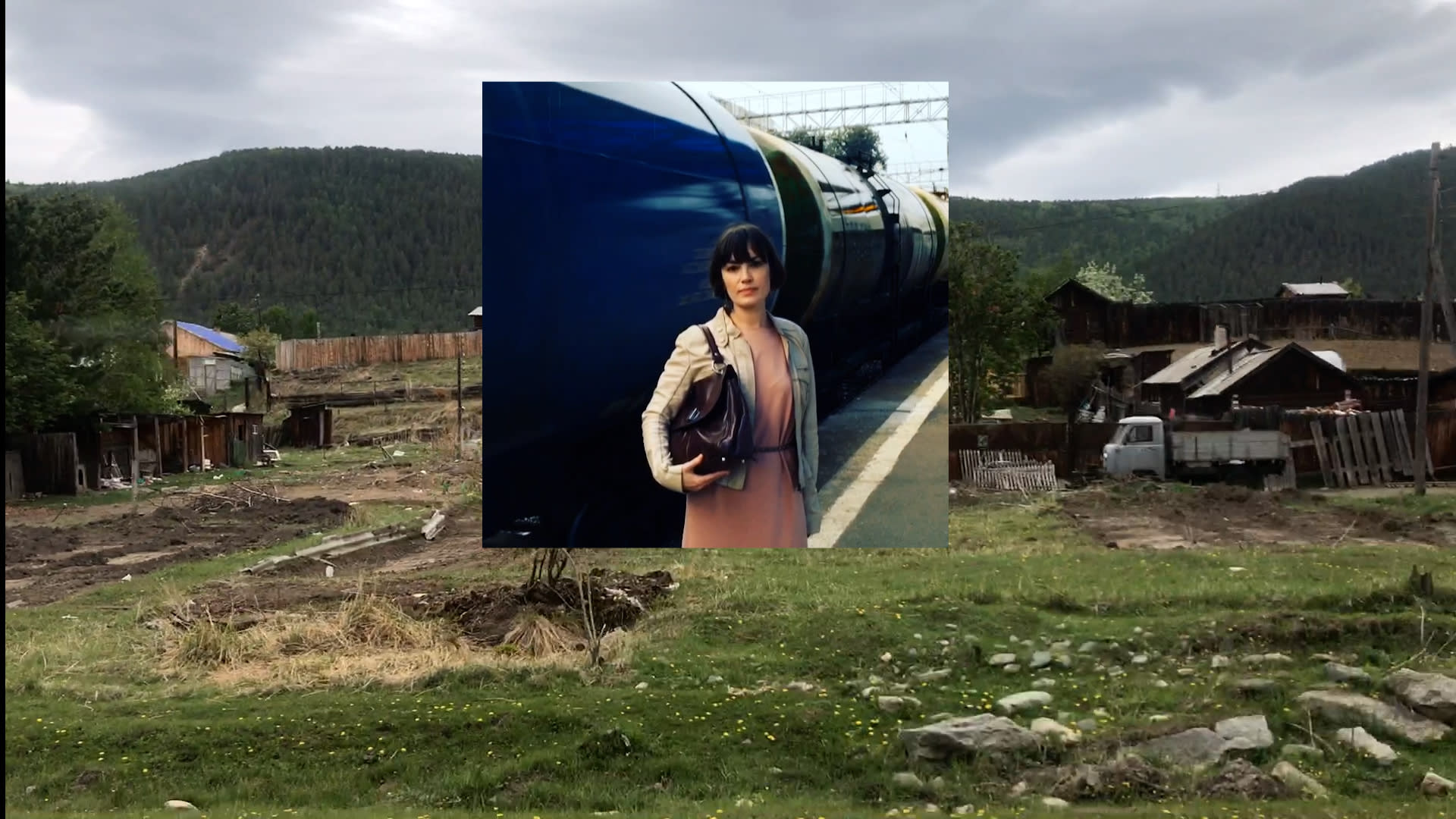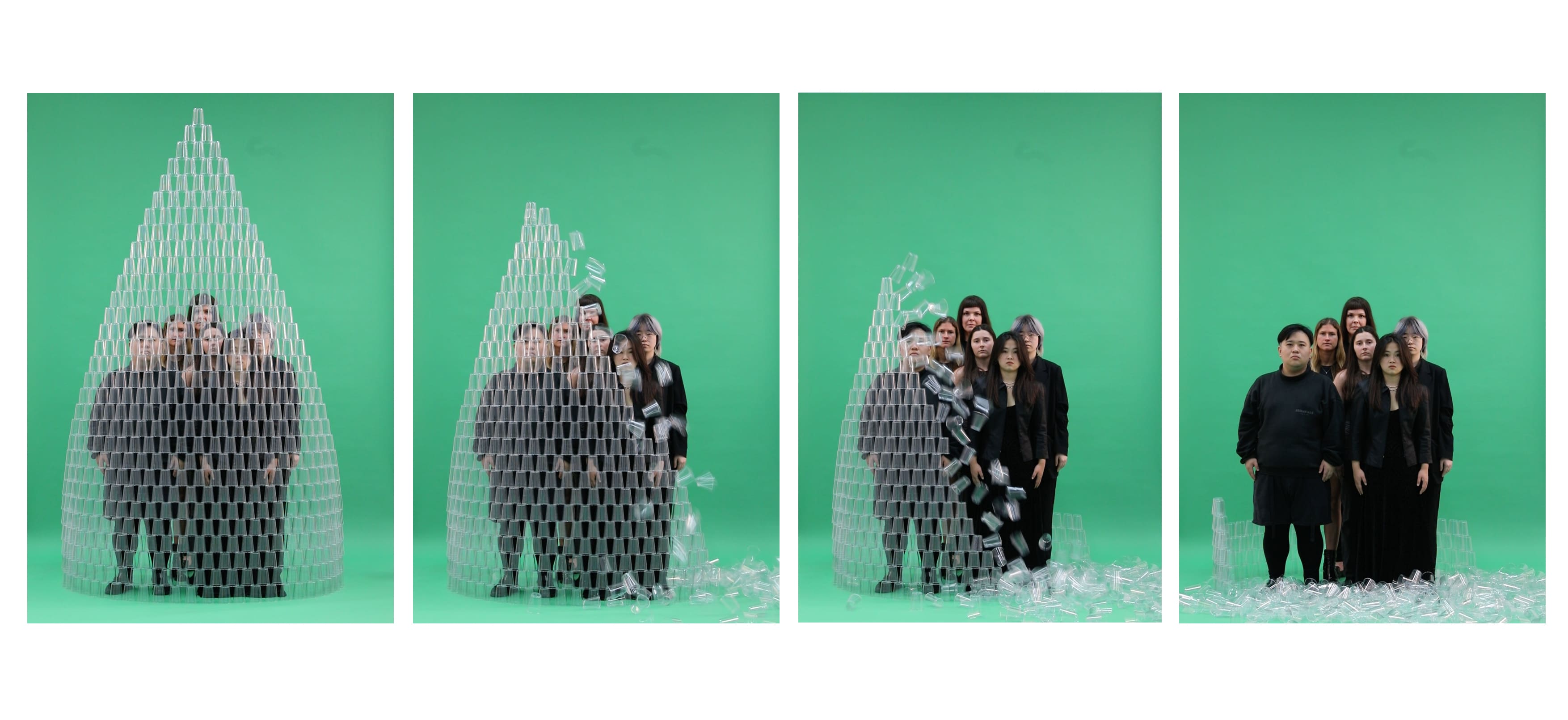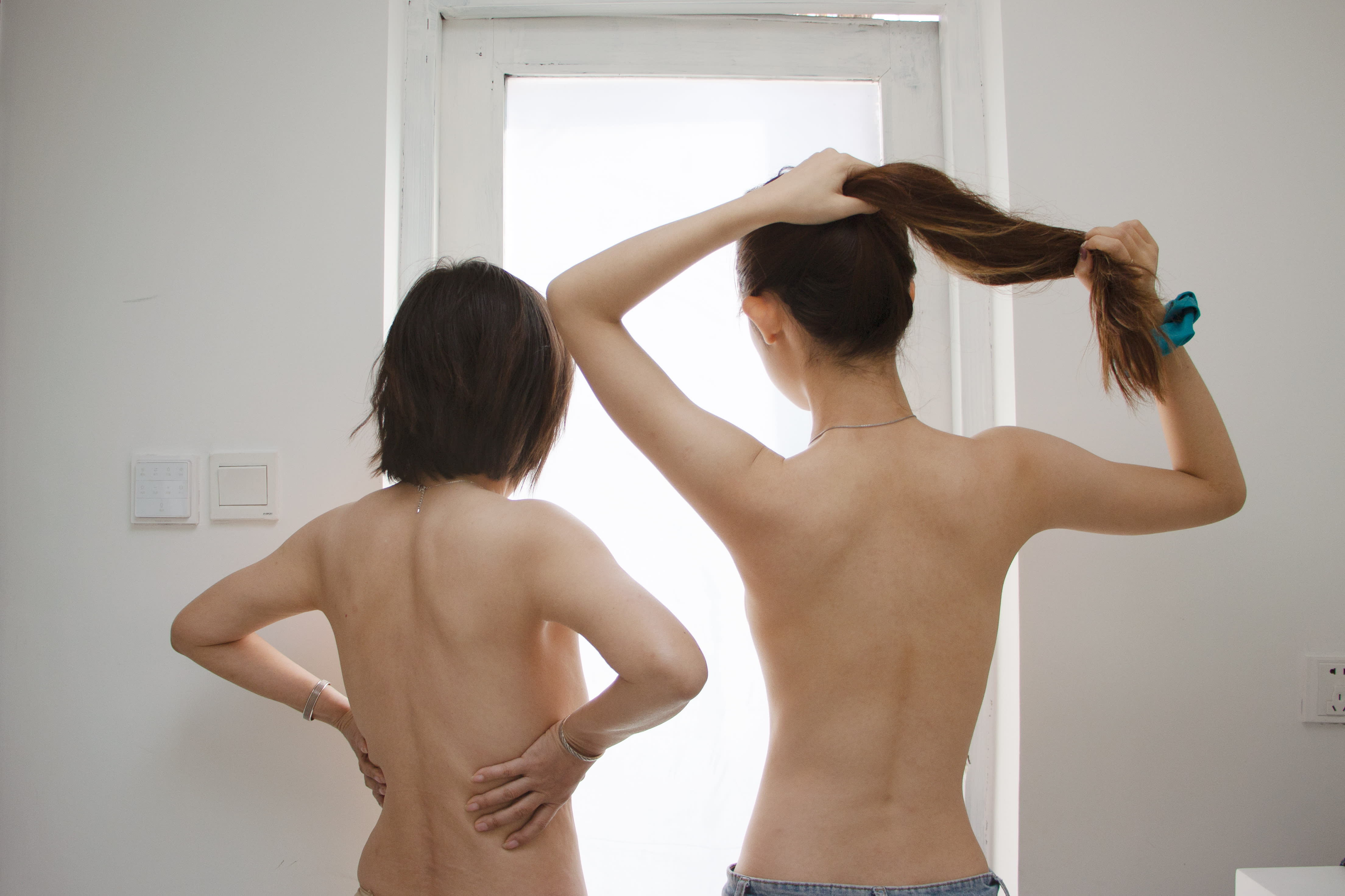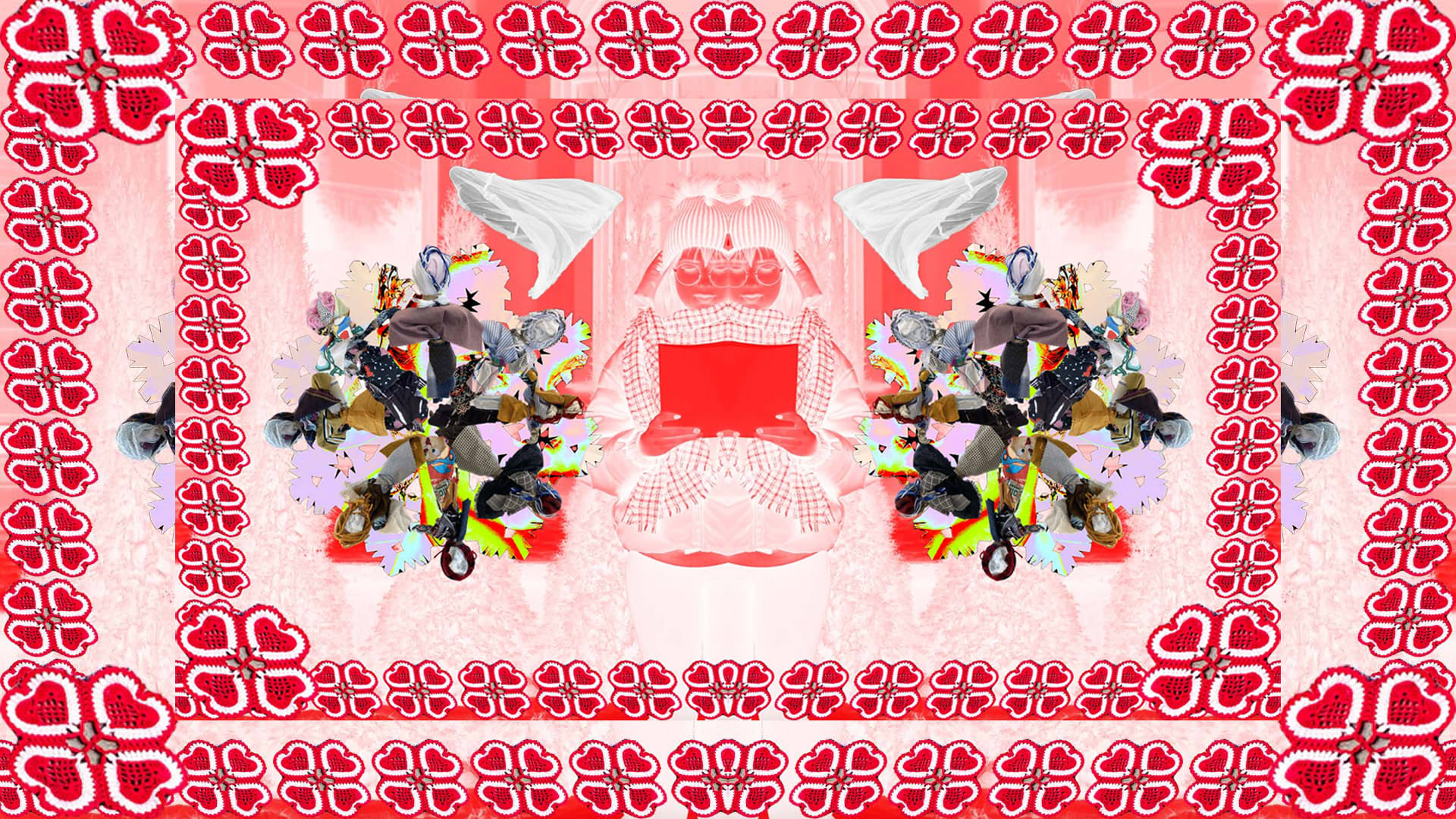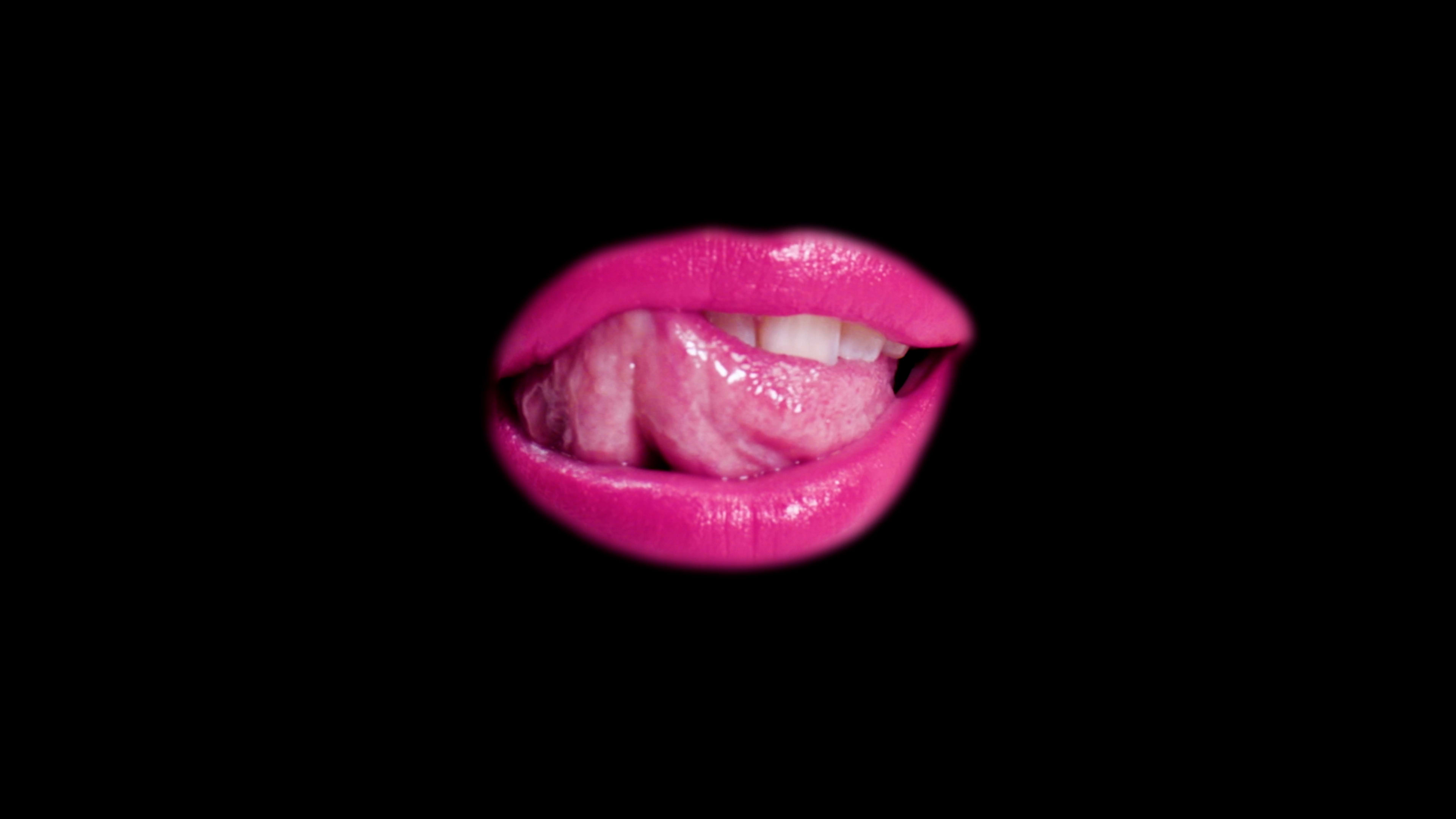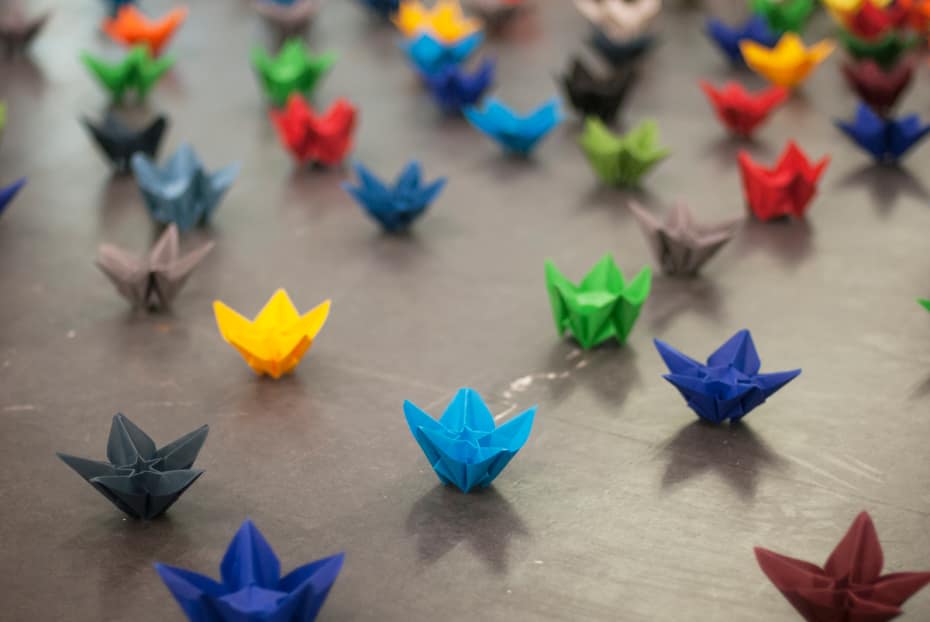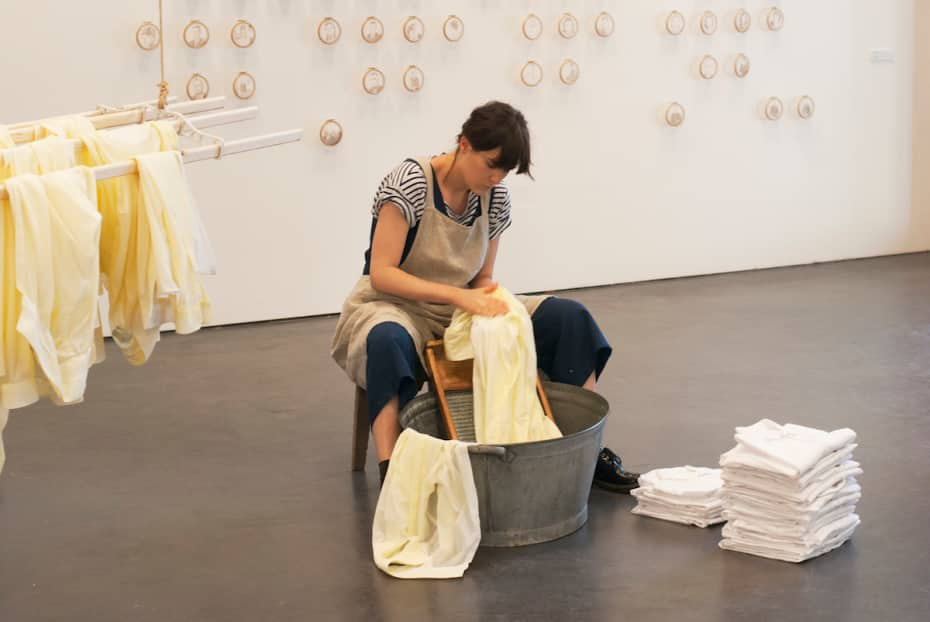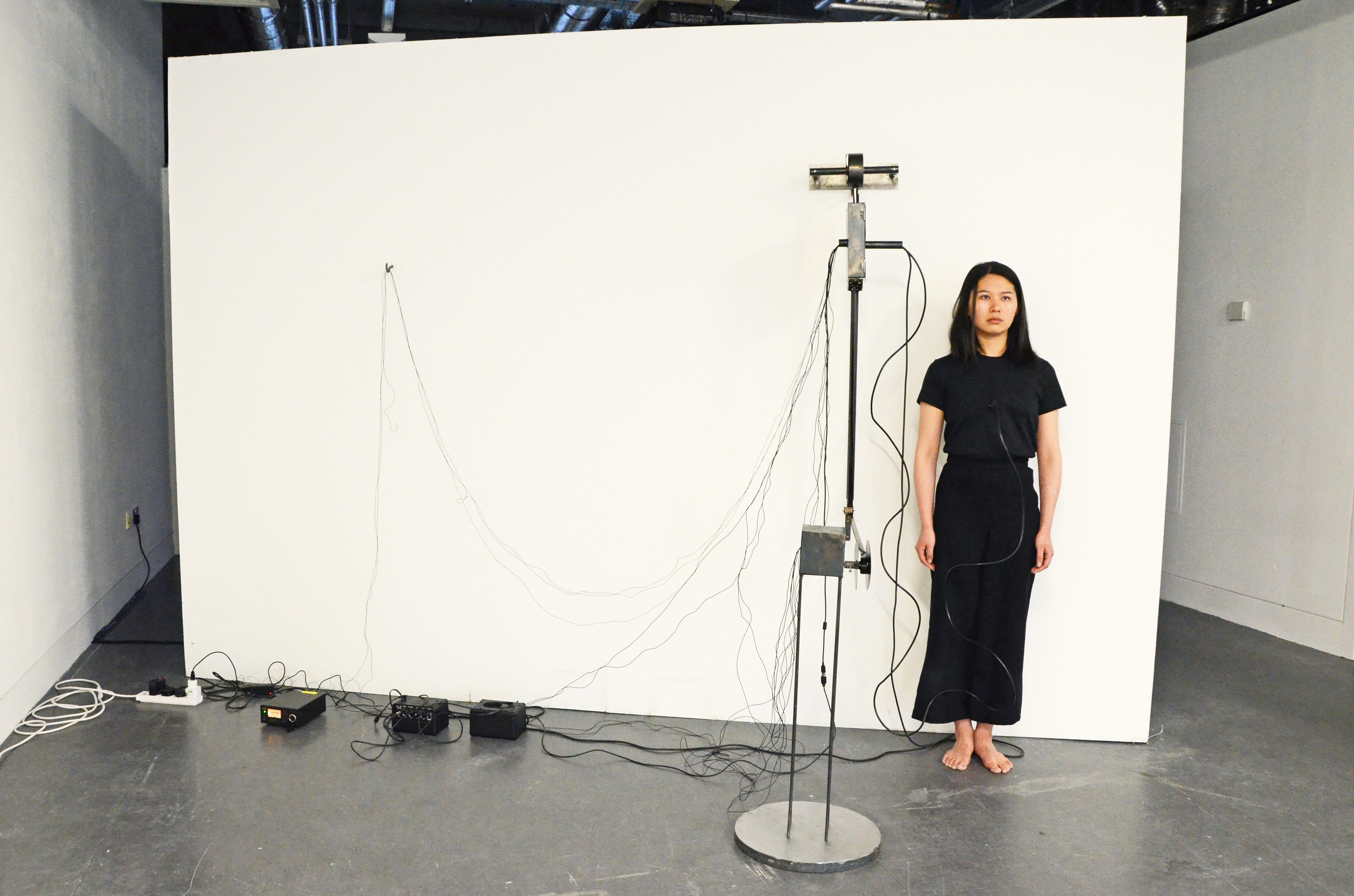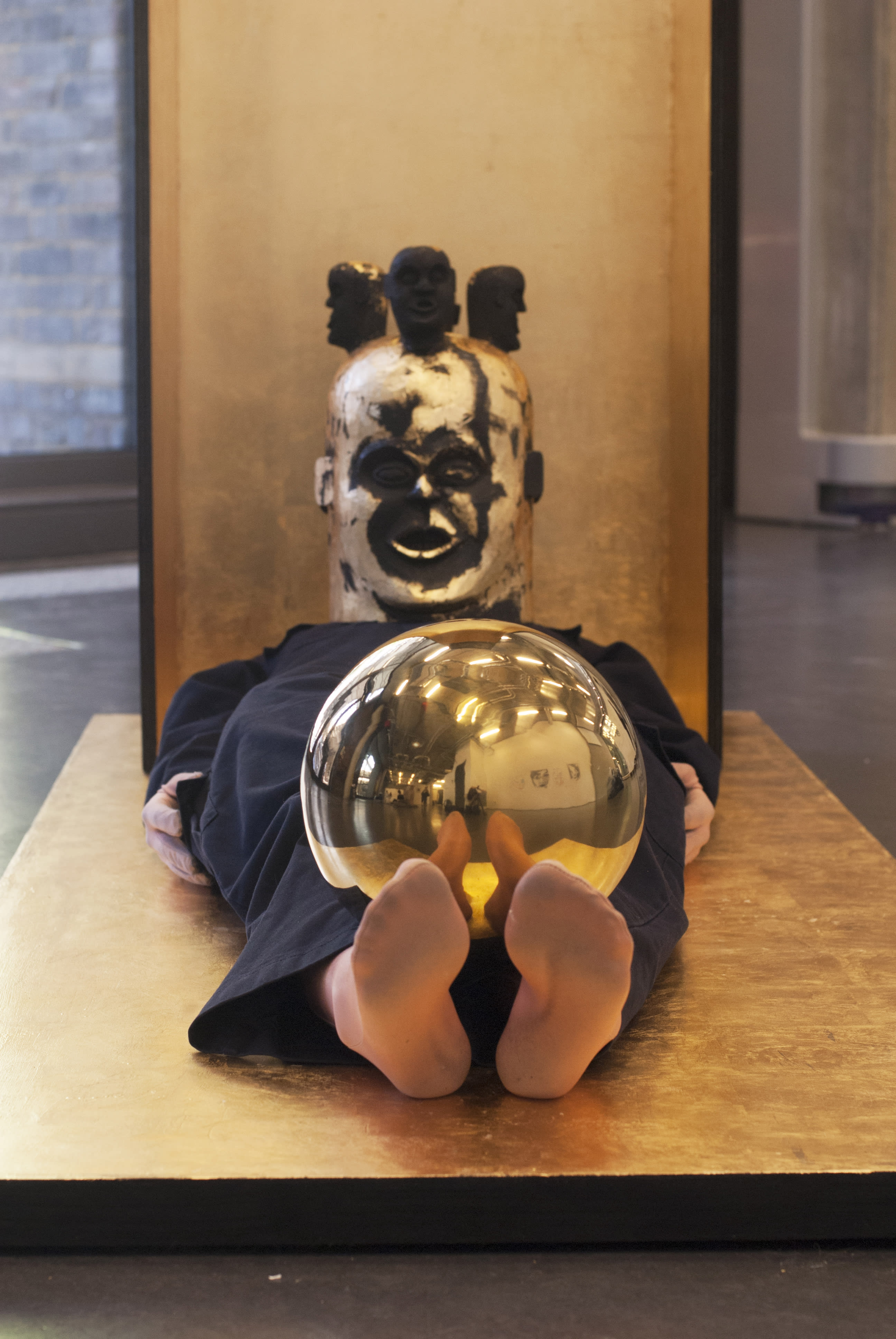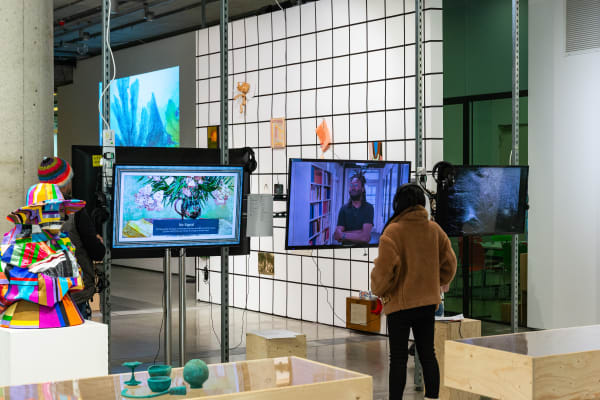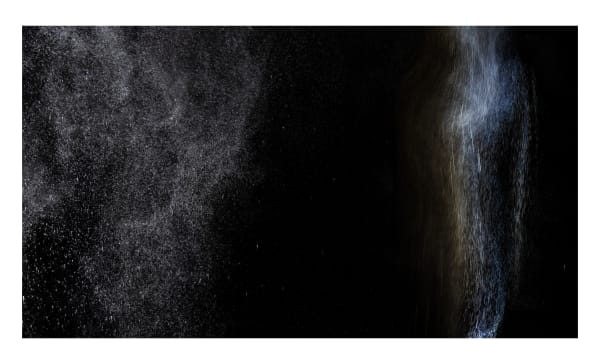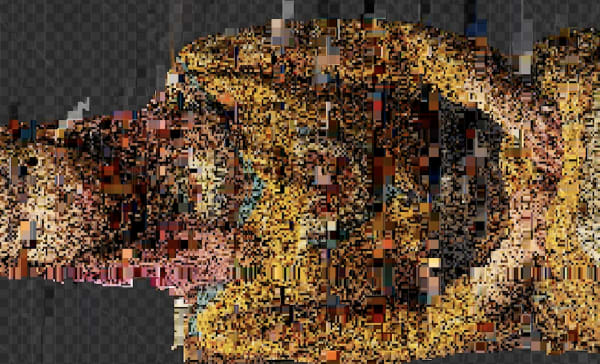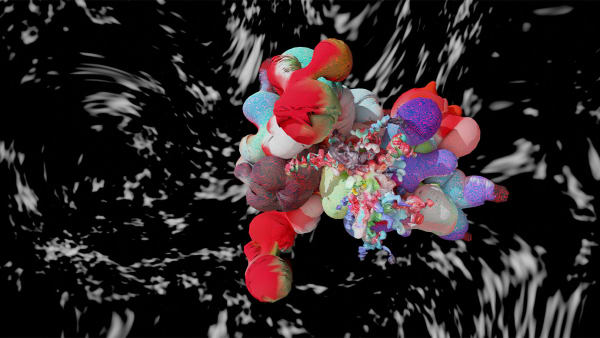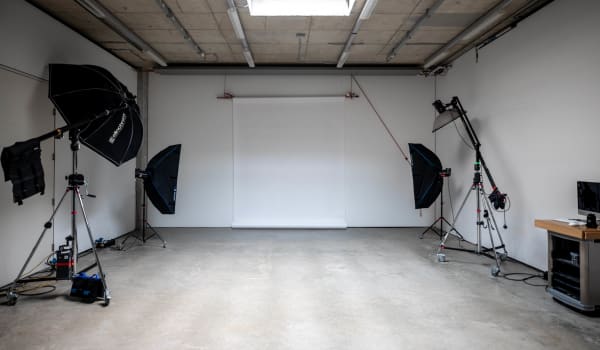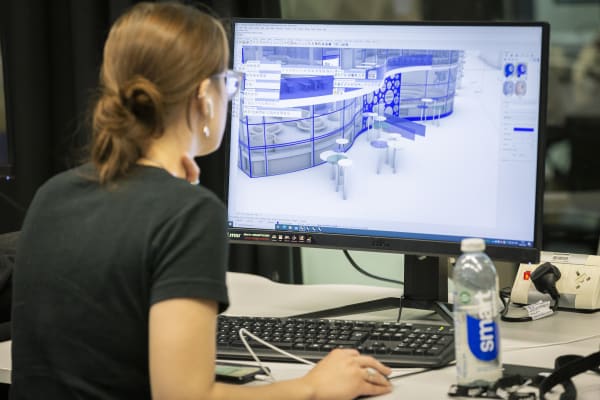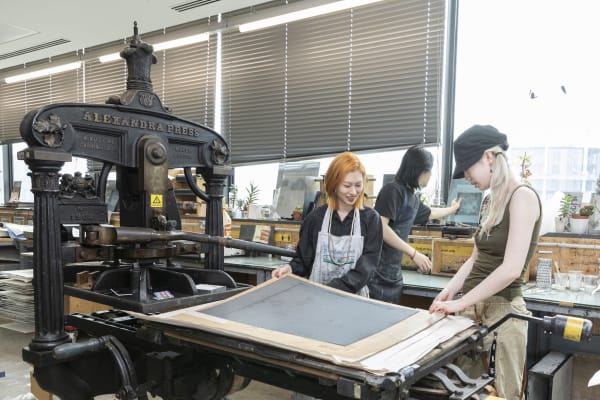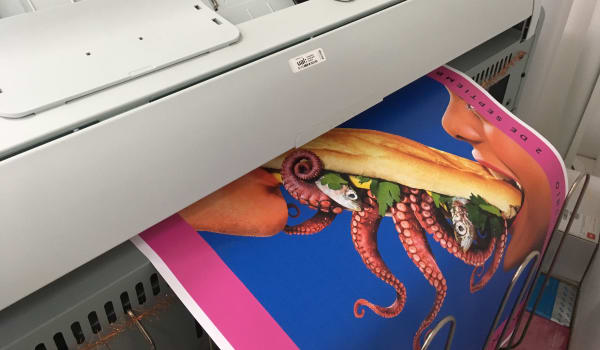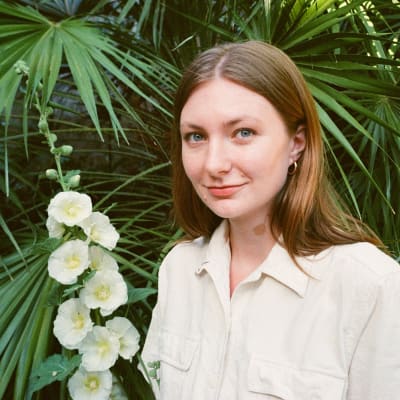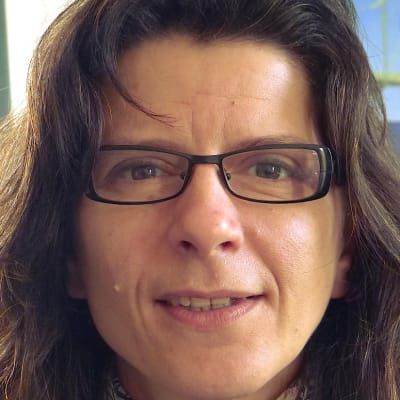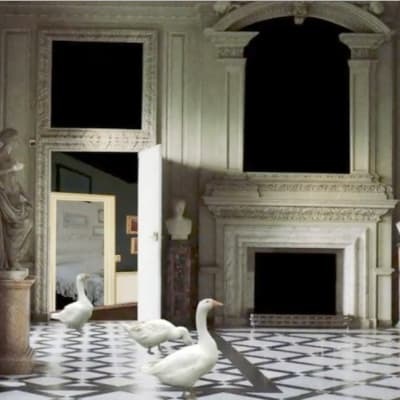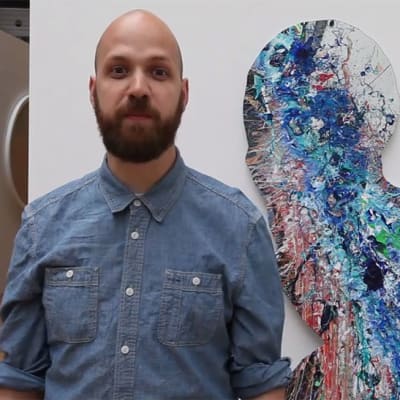Course units
On MA Contemporary Photography; Practices and Philosophies, critical evaluation is central to your development. You will be expected to take part in group critiques, where you will analyse yours and your peers' work through discussion. Throughout the course, exhibiting is one of the core pedagogical tools. This includes experimental forms of exhibition, such as digital platforms, social media, TV screens, site-responsive installations, interactions with handheld devices, publications and performances. The course makes use of showcase opportunities for you to develop your work in response to audience.
The course is transdisciplinary by design. It will support you to develop an individual, engaged practice. This might span the fields of fine art, visual media, contemporary philosophy or online and offline technology. The course offers an extensive mentorship programme. This includes work with contemporary practitioners, curators and philosophers. Through this engagement, you will be challenged to examine your work in relation to current developments in photography. It will also help you to link your practice to professional applications of the medium.
Unit 1: What is Practice? (In Photography)
Unit 1 on this course provides you with a detailed engagement with your practice through experimentation, questioning, play and dialogue. The unit is organised around several key components. The main aim of these is to provide you with the tools to exercise your curiosity and imagination in the realm of visual image. We will guide you to find your voice and signature style, allowing you to explore art, new media and technology.
Unit 2: Developing Practice and Research
This is a self-led unit of research which feeds into your work in progress and your research paper. You will develop your practice and research through a programme of crits. This programme will also include individual tutorials and seminars, focused around the development of your practice and research paper. Weekly seminars will also help you clarify your research interests. Experimental installs and crits will provide a space for negotiation of practice and for focusing your research.
Unit 3: Realisation of Practice and Research
Unit 3 is also a self-led unit of research and practice. It will culminate in the production of your work for show and dissemination. You will be supported in the production of a body of work for exhibition in whatever form. This unit is structured around weekly presentations and demonstrations of your work in progress supported by group crits and feedback. You will also have one-to-one and small group tutorials with course staff and visiting practitioners.
Important note concerning academic progression through your course:
If you are required to retake a unit you will need to cease further study on the course until you have passed the unit concerned. Once you have successfully passed this unit, you will be able to proceed onto the next unit. Retaking a unit might require you to take time out of study, which could affect other things such as student loans or the visa status for international students.
Mode of study
MA Contemporary Photography; Practices and Philosophies is offered in extended full-time mode which runs for 60 weeks over two academic years. You will be expected to commit 30 hours per week to study, which includes teaching time and independent study. The course has been designed in this way to enable you to pursue studies, while also undertaking part-time employment, internships or care responsibilities.
Credit and award requirements
The course is credit-rated at 180 credits.
On successfully completing the course, you will gain a Master of Arts (MA degree).
Under the Framework for Higher Education Qualifications, an MA is Level 7. All units must be passed in order to achieve the MA but the classification of the award is derived from the marks for the second and third units.
If you are unable to continue on the course, a Postgraduate Certificate (PG Cert) will normally be offered following the successful completion of 60 credits, or a Postgraduate Diploma (PG Dip) following the successful completion of 120 credits.
